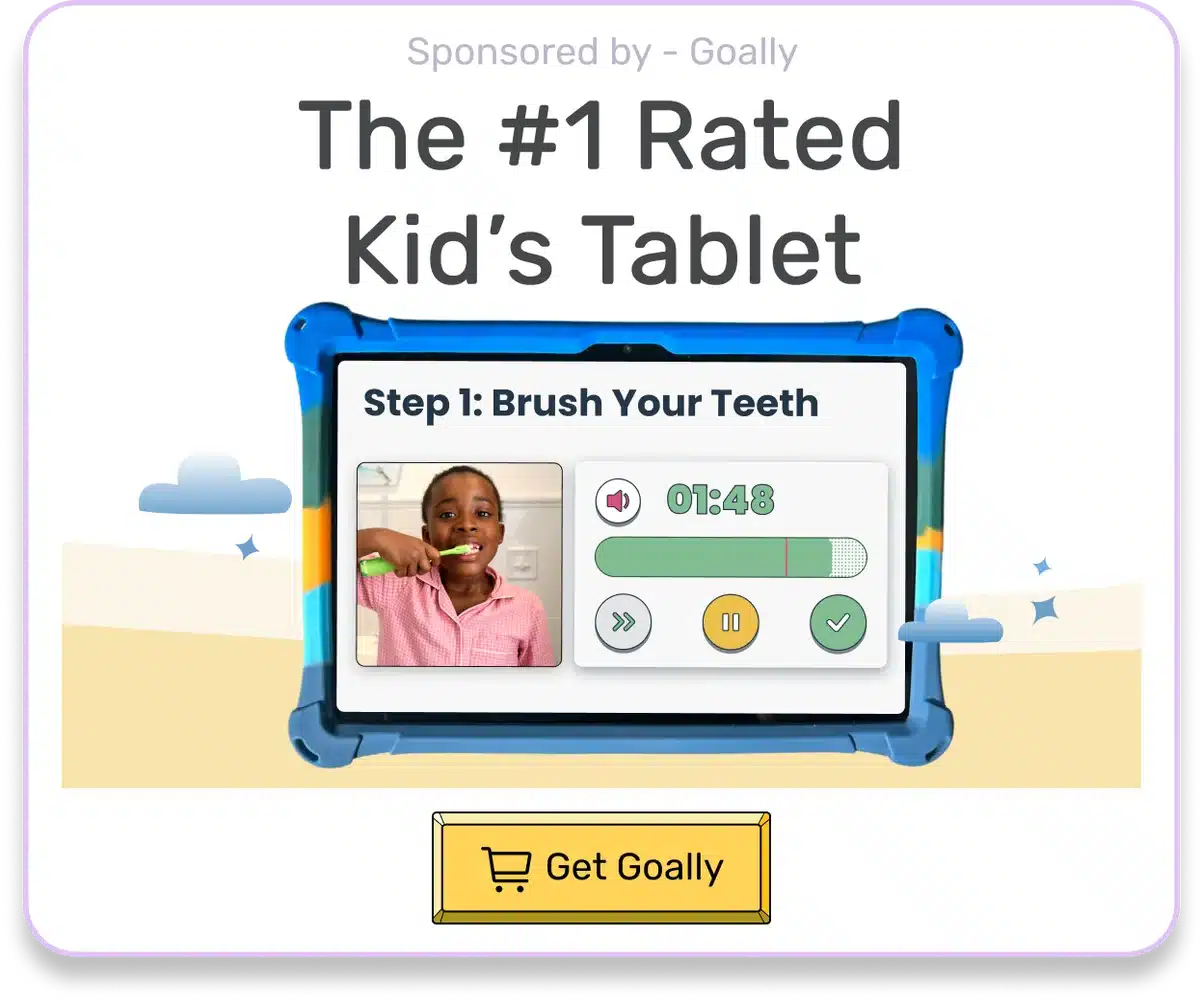Picture a typical night in your home. Dinner’s done, teeth are brushed, and bedtime stories have wound down. But once you’ve turned off the lights and said your good nights, things suddenly take a turn. Your child, peacefully asleep moments ago, abruptly wakes up screaming, flailing, and seems impossible to comfort. Does this sound familiar to you? If so, your child may be experiencing night terrors. Discover more about this phenomenon through our post, and at the end, don’t forget to check out our handy “Is my child having night terrors quiz.”
Table of Contents
Unmasking Night Terrors
Night terrors, scientifically known as “Pavor Nocturnus,” hit about 1-6% of children. Not to be confused with nightmares, night terrors are episodes of fierce panic attacks that occur at night, most commonly in kids between 3 and 7 years. That said, understanding this can arm you with the knowledge to support your child effectively, making those midnight hours easier to navigate.
How Night Terrors Unfold
When a night terror strikes, your child may:
- Scream and look scared
- Appear confused or unresponsive
- Physically thrash around
- Sweat, breathe heavily, or have a racing pulse
These episodes usually occur during the non-REM sleep cycle, within two to three hours of falling asleep. However, the silver lining is that most kids don’t remember their night terrors the next day.

Read more: Kid’s Sleep Disorder Test
The Causes of Night Terrors
Before you jump to conclusions, remember every child is unique, and so are the triggers that might lead to their night terrors. Some factors to consider:
- Stress: Psychological distress, such as moving houses, starting school, or the arrival of a new sibling, can trigger night terrors in kids.
- Fatigue and lack of sleep: Over-tiredness may lead to night terrors, highlighting the importance of a regular sleep schedule.
- Medication: Certain drugs can disrupt sleep patterns, potentially igniting night terrors.
Strategies To Handle Night Terrors
In soothing your children during these night episodes, you might feel like navigating uncharted territories. But don’t worry; here are three useful strategies for handling night terrors:
- Stay calm: Your child’s intense distress can feel overwhelming, but remember to keep your composure. Reassure them softly that they’re safe and you’re nearby.
- Ensure safety: Some kids might get out of bed or thrash around. Make sure the environment is safe to prevent any possible injuries.
- Maintain a regular sleep schedule: Tired kids are likely to have more night terrors, so sticking to a regular bedtime can be beneficial.
Read more: Sleep Meditation for Kids
Goally | The Safest Tablet for Kids

When Should You Seek Help?
If your child’s night terrors become frequent, more intense, or affect their daytime behavior, consider consulting a pediatrician or sleep specialist. Remember, you’re not alone in this journey.
Moreover, our useful is my child having night terrors quiz can help you better understand your child’s sleep patterns and provide you with further guidance.
Goally | Apps To Structure Your Kiddo’s Routine
Does your child struggle with transitions or staying on task? Goally’s visual schedule app breaks down large tasks into small, achievable steps. It helps kids complete their tasks independently!
To Sum Up
As parents of kids with unique needs, the pathway can be challenging. But remember, every challenge, like night terrors, is surmountable with understanding, love, and a pinch of guidance. Navigating these experiences only strengthens the bond between you and your child as you grow. Moreover, with devices like Goally’s Skill Building Tablet, you can empower your child to conquer their daily challenges one step at a time. So, here’s to embracing the journey, every tear, and laughter on the way.
FAQ’s About Is My Child Having Night Terrors | Quiz
What are the signs of night terrors in children?
Common signs include sudden screaming or crying, thrashing, inconsolable behavior, and lack of awareness during the episode.
At what ages do night terrors typically occur?
Night terrors most often happen between the ages of 3-12, peaking around 3.5 years old.
How long do night terror episodes usually last?
Most episodes last 5-30 minutes, though it may seem longer for concerned parents.
Do children remember night terrors the next day?
No, children do not have any memory of a night terror episode due to their partial arousal state.
When should I be concerned about my child's night terrors?
Seek medical advice if they occur frequently, cause significant sleep disruption, or are accompanied by disturbing behaviors.
This post was originally published on 09/14/2023. It was updated on 05/06/2024.

Hennah is an experienced writer and researcher, helping children with autism, ADHD, and other neurodivergent conditions. As a blog contributor for Goally, she combines her deep understanding of neurodiversity with practical advice, offering valuable insights to parents and educators.







